Lead architects for the “Built To Care Ghana” district hospital programme, UK based TP Bennett, won the prestigious first prize for “Outstanding International Architecture Project” against still international competition at the 2016 British Expertise International Awards. The award celebrates the most influential architectural project with a focus on: innovative concept, strong local impact, meeting technical and cultural challenges, as well as creating a sustainable outcome. Congratulations to all involved!
Benefits
To you, your family and the local area.
State-of-the-Art Facility
The new facility will have 21st Century equipment and facilities.
Extra Income
Woody vegetative matter from excavation activities will be offered to affected land users to be used for charcoal burning to provide extra income.
The Takoradi-Eurpoean Hospital Upgrade has been split into two phases, the first of which will include the construction of hospital staff housing and an infectious disease centre.
Design
Each aspect of the hospital upgrade has been adapted to suit its surroundings and conditions by a world class team of experts from the UK and Ghana.
The innovative design of the hospitals and its upgrade is aimed at providing value for money by delivering hospitals and facilities which require minimal maintenance, have a low energy footprint and have the capacity for future expansion.
A comprehensive process of consultation with stakeholders has been undertaken ahead of and throughout the hospital upgrade process.
The upgraded hospital will have 21st Century equipment and facilities and is designed to be capable of expansion from 120 beds to 200 beds.
The goal is to support the sustainable advancement of healthcare in Ghana.
The goal is to support the sustainable advancement of healthcare in Ghana.
Once complete, the proposed upgraded hospital will house
- Two operating theatres
- Theatre recovery unit
- Intensive care unit (ICU)
- Surgical wards (male and female)
- Medical wards (male and female)
- Accident and emergency wards
- Observation/out-patient ward
- Maternity, obstetrics / gynaecology ward
- Paediatric ward
- Public health unit
- Dental unit
- Radiology unit
- Pharmacy/dispensary
- Laboratory
- Blood bank
- Consulting rooms
- Reception/waiting area
- Records office
- Accommodation for core staff
- Conference and training facilities
- Kitchen, laundry
- Hospital stores
- Mortuary
- Maintenance unit/workshop
- Waste disposal unit
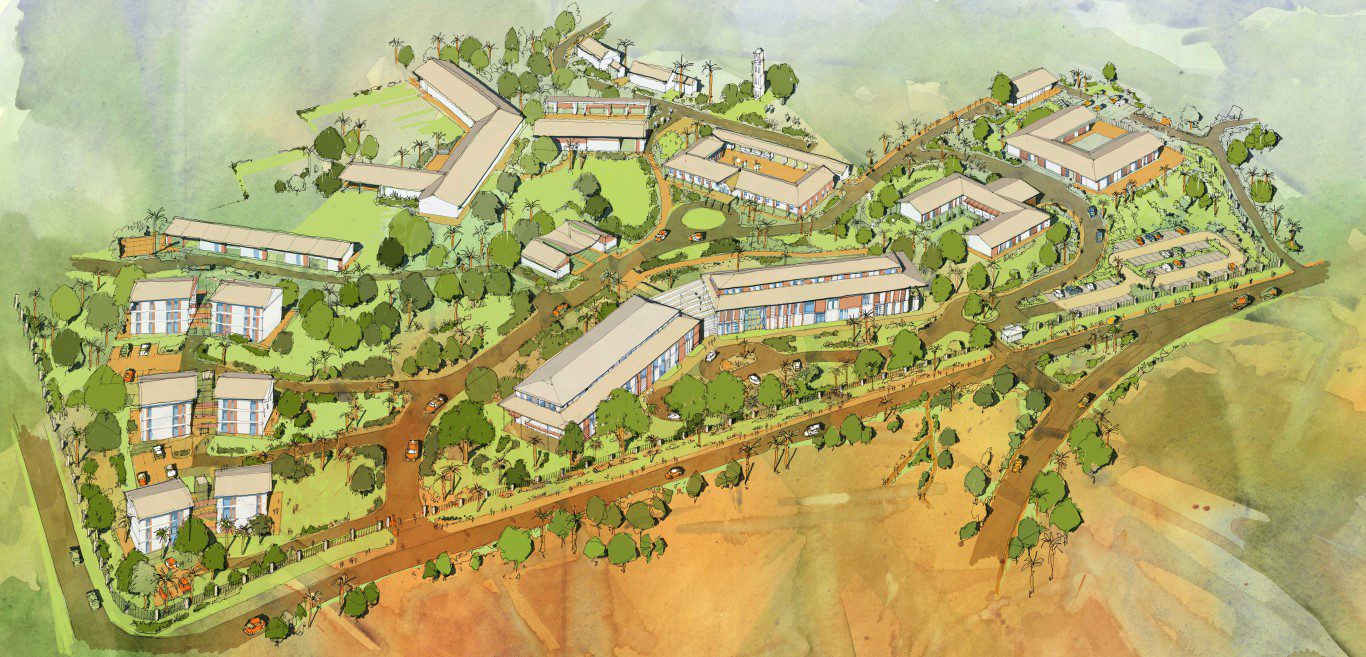
Bed Numbers
Adult and Paediatric Wards
- Maternity, Obstetrics and Gynecology Department – Two Wards and Delivery = 32 beds
- Male Surgical Ward = 14 beds
- Female Surgical Ward = 14 beds
- Pediatric Ward = 16 beds
- Male Medical Ward = 14 beds
- Female Medical Ward = 14 beds
- Theatre Recovery Beds = 4 beds
- Accident and Emergency = 6 bed (Triage)
- Outpatients = 6 bed (Observation)
- Mothers Hostel = 18 beds
- Total: 138 beds
- l L-shaped wards with central staff base supporting both wings
- l Mix of of private and open wards
- l Innovative central spine layout enables patients to look directly outside to therapeutic gardens and views beyond
- l Garden space defined for each ward
- l Variant for children
Hospital Progress
Keep up to date with the Takoradi-European build progress and news
The Ghana District Hospitals project is receiving great recognition in the UK for its impact. CampbellReith, consulting engineers for the hospitals, has been shortlisted for the ICE London Civil Engineering Awards 2016 and the New Civil Engineering Awards for its International Impact.
Mike Allen, Senior Partner at the Practice, said: “Being shortlisted has been fantastic recognition of the effort from all involved in the Ghana Hospitals project, which will hugely impact people’s lives”.
Click for full details here – http://campbellreith.com/awards-recognition-community-projects-in-africa/
As at the end of January 2016 there was a skilled workforce of 1311 labourers, managers, carpenters, masons, engineers on 6 active hospital sites across Ghana, as well as the Pharmaceutical Management System Central Stores site in Tema. The workforce is in the majority made up of Ghanaians, with over 65% of those employed from within the local communities, to where the sites are based.

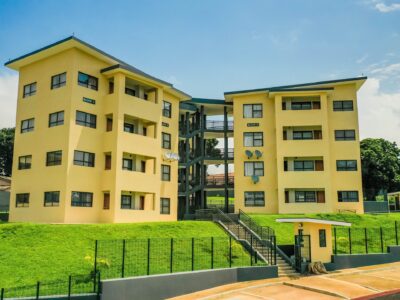
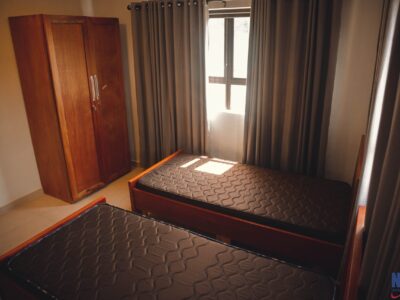
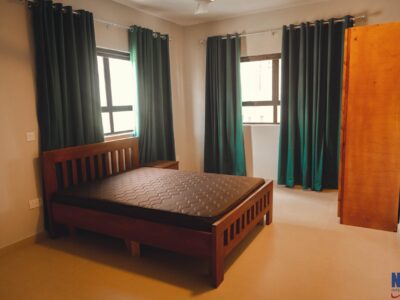
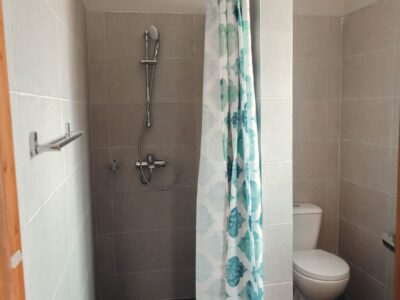
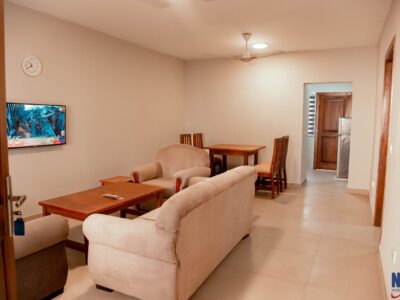
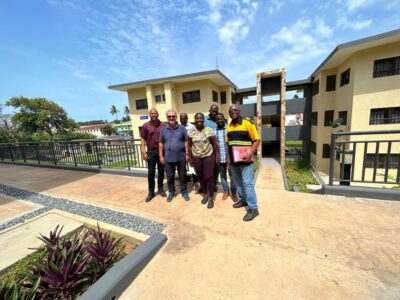
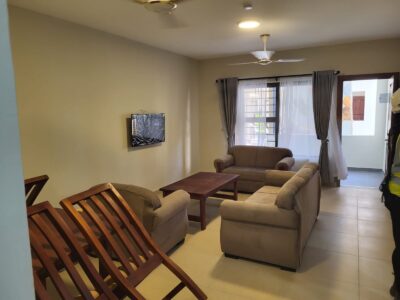
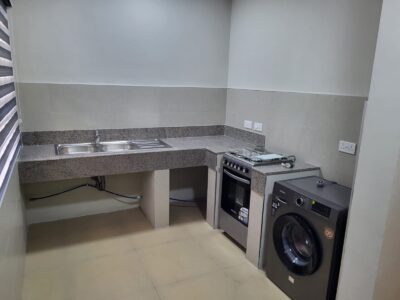
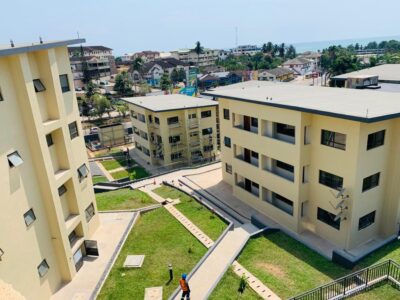
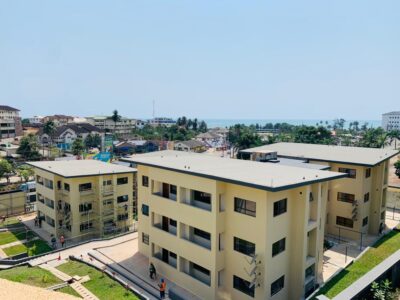
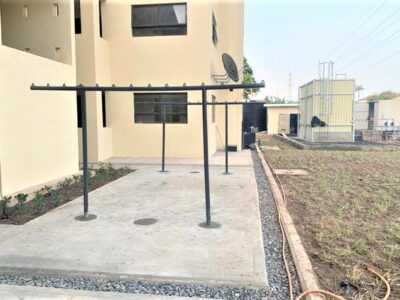
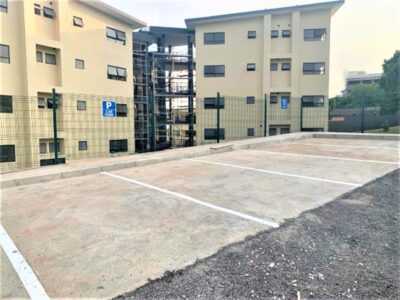
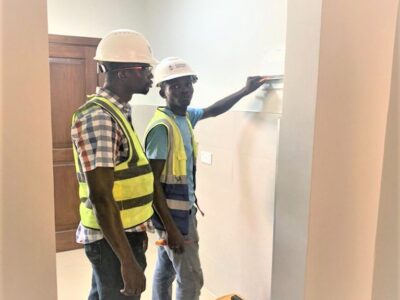
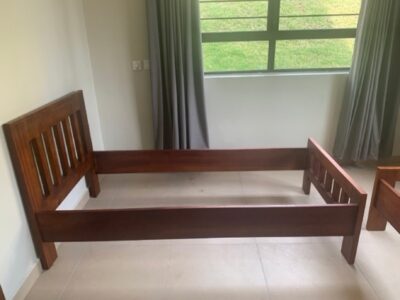
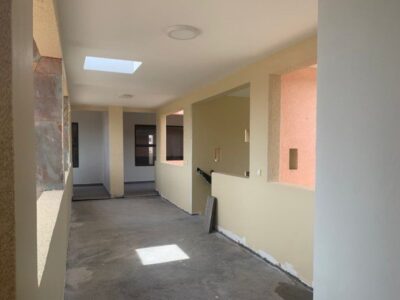
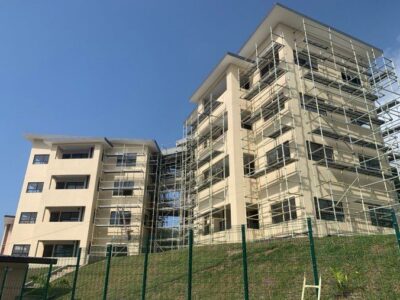
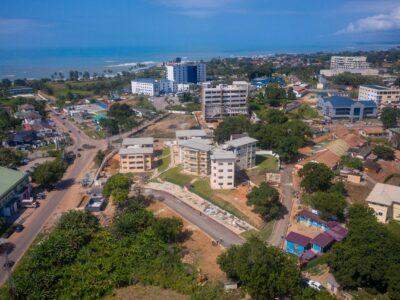
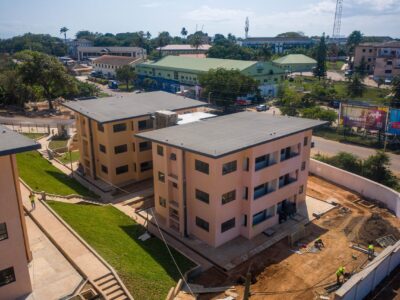
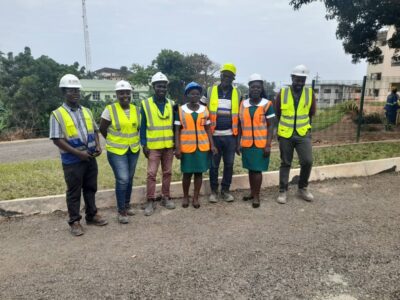
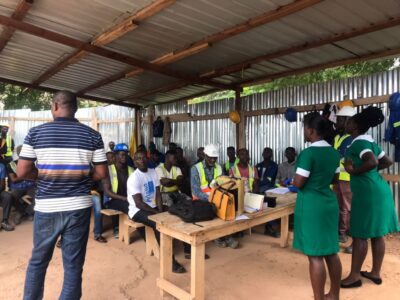
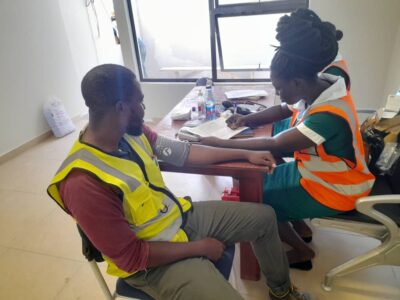
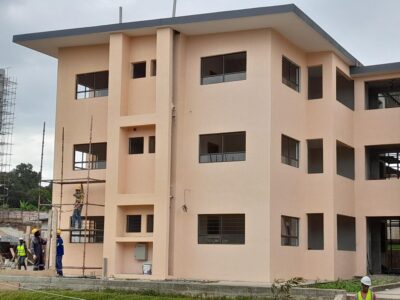
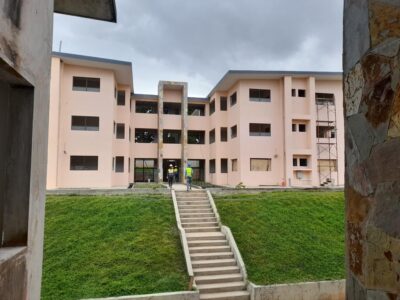
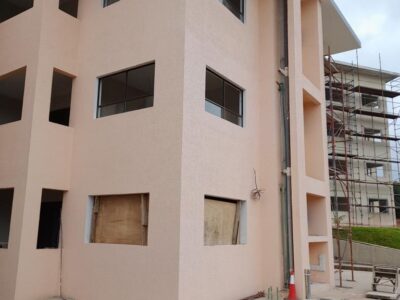
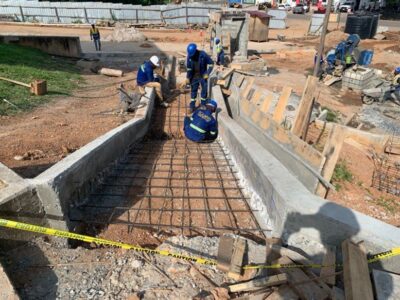
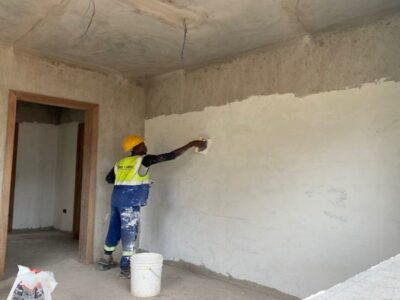
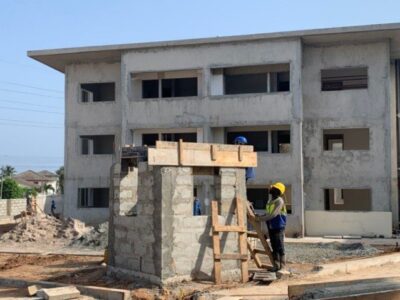
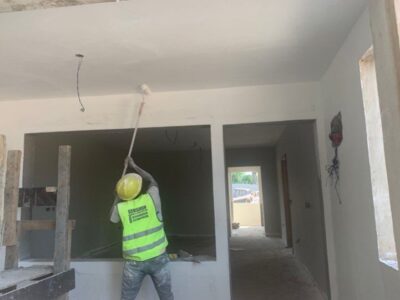
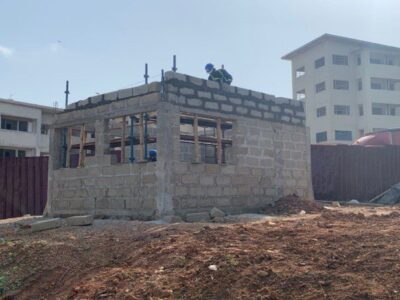
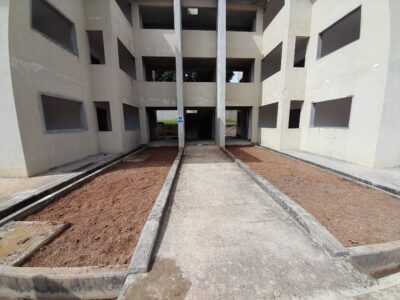
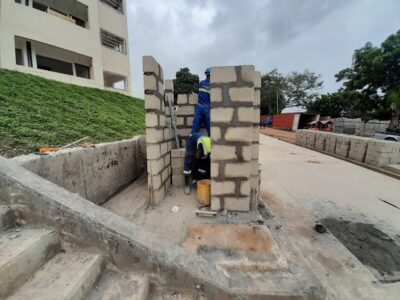
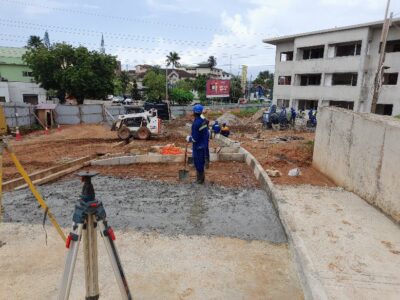
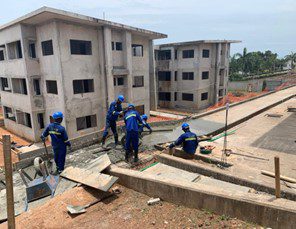
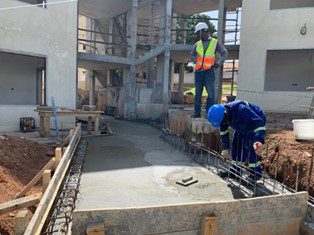
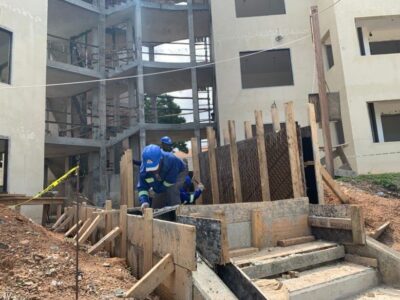
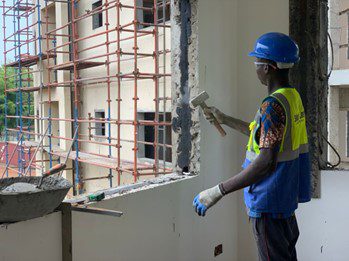
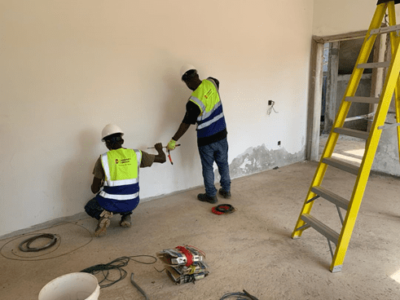
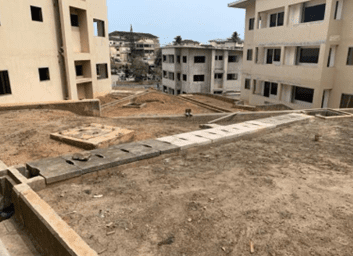
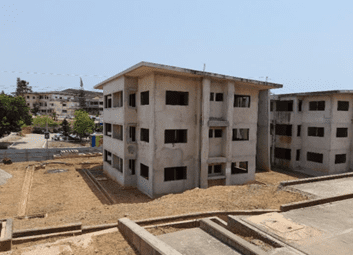
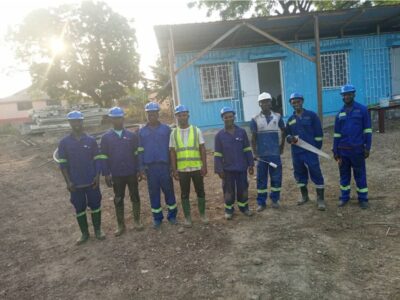
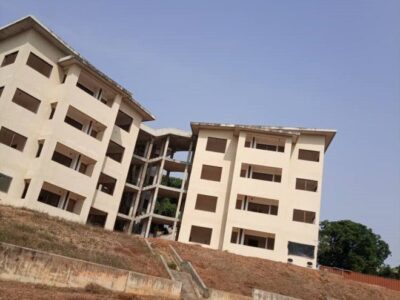
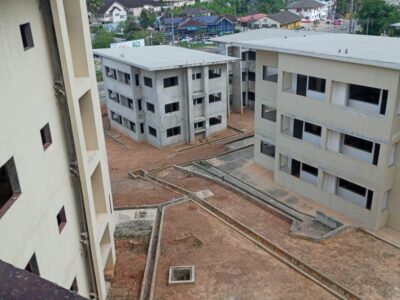
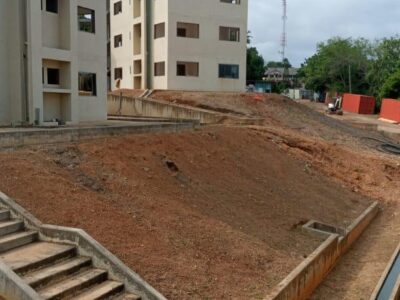
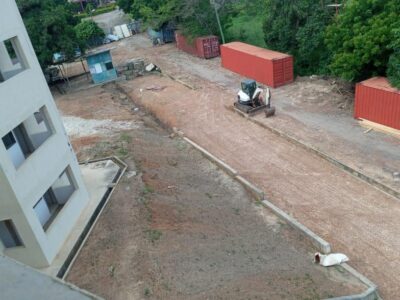
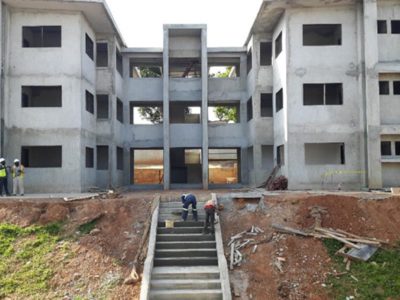
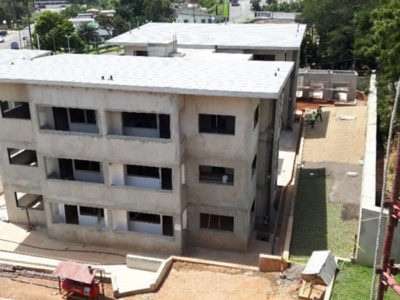
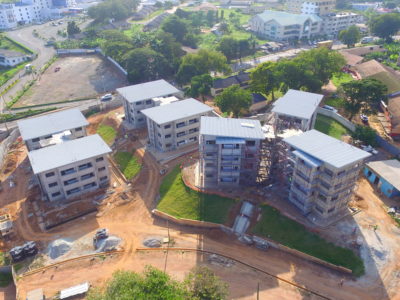
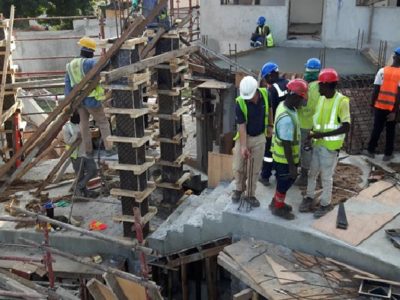
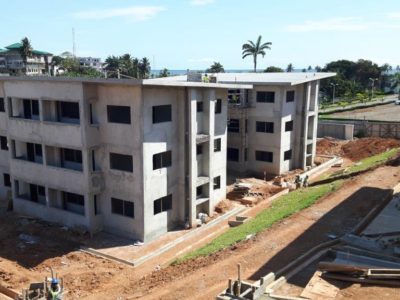
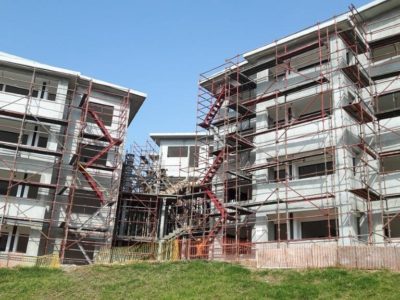
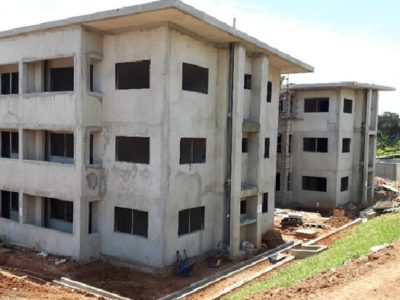
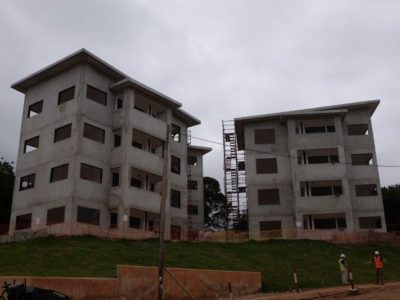
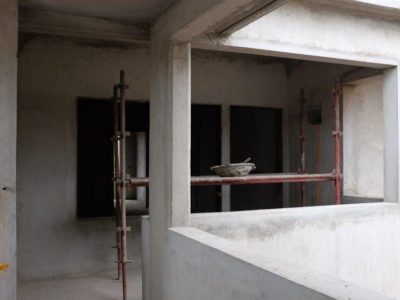
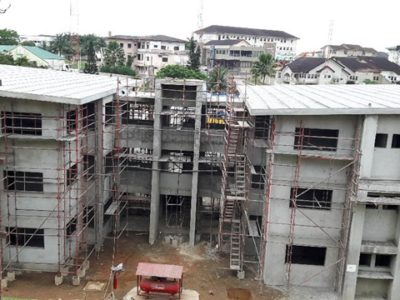
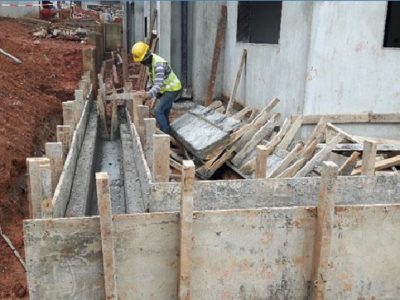
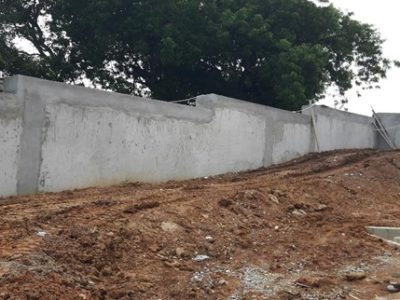
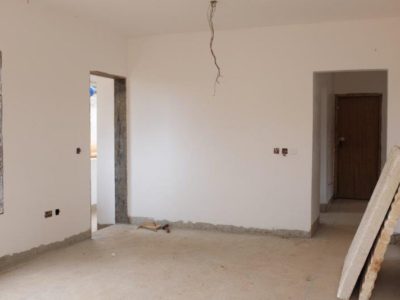
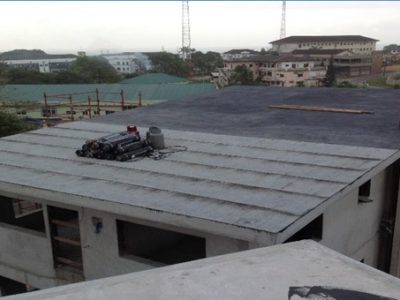
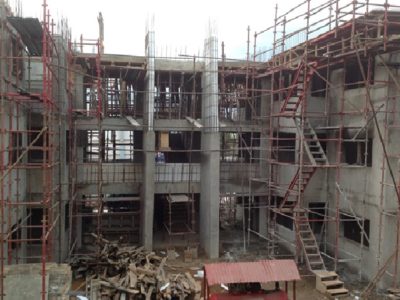
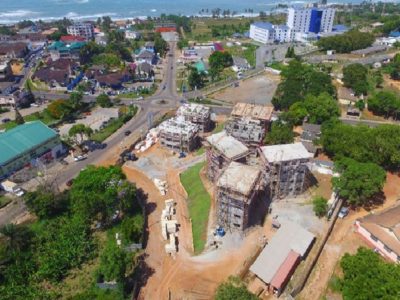
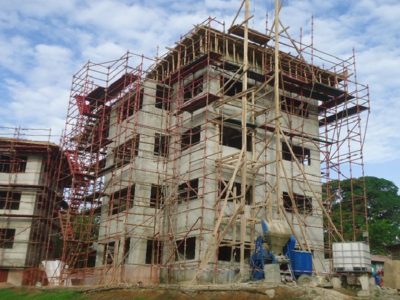
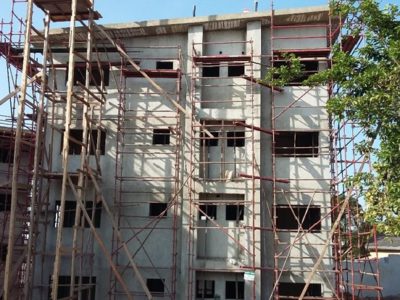
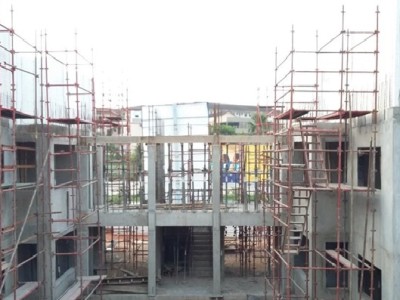
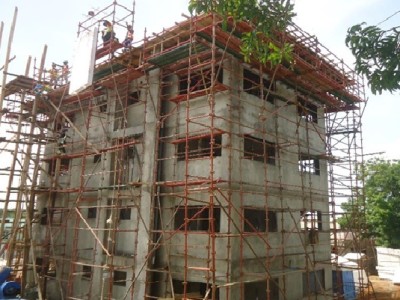
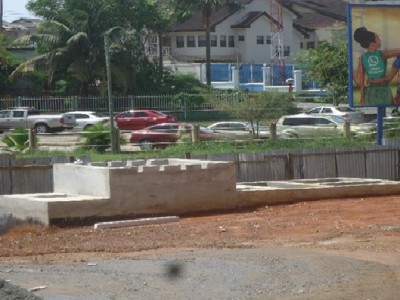
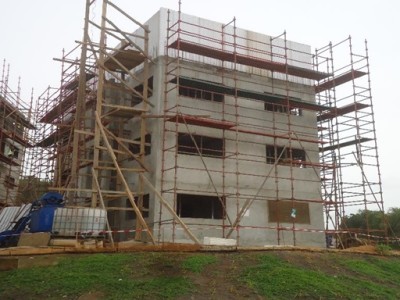
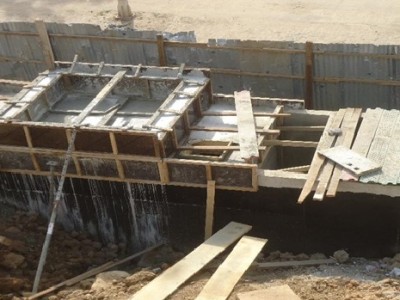
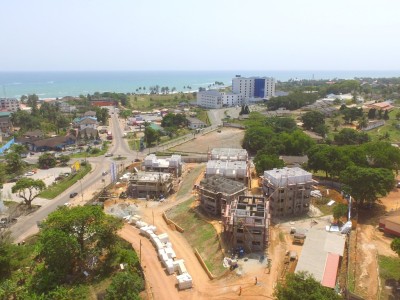
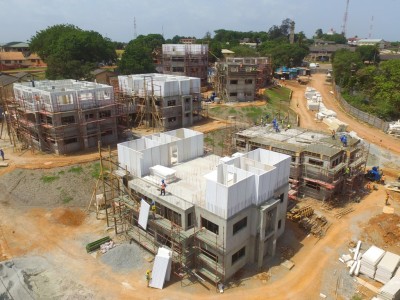
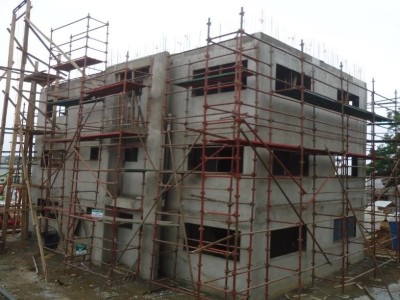
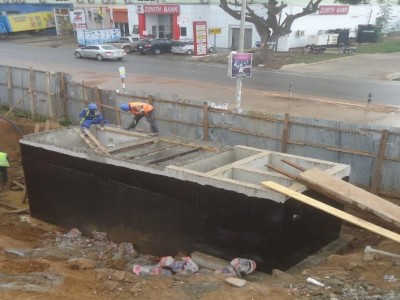
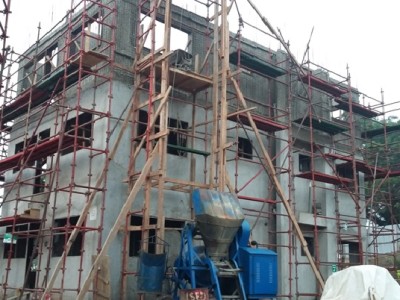
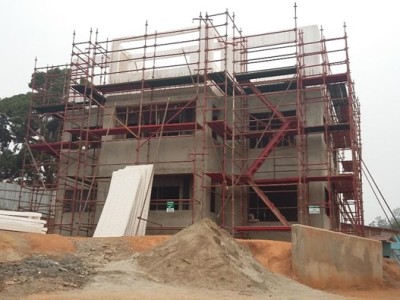
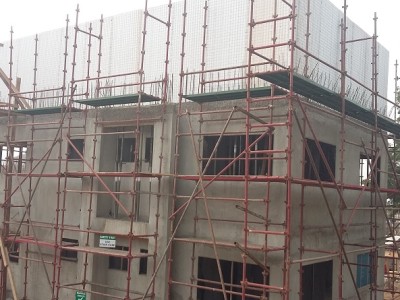
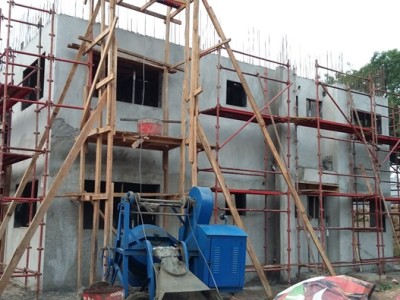
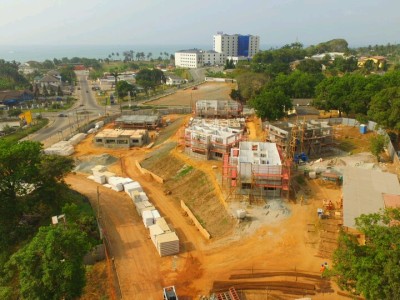
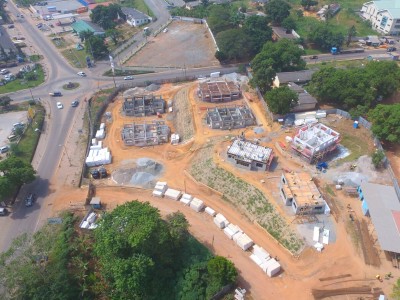
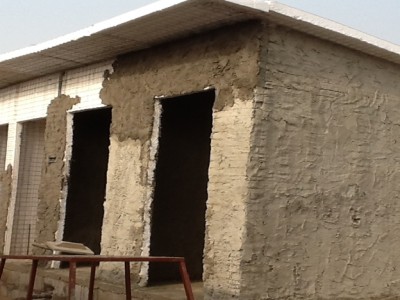
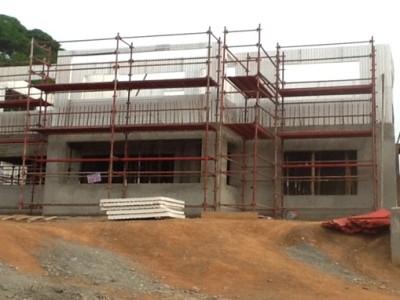
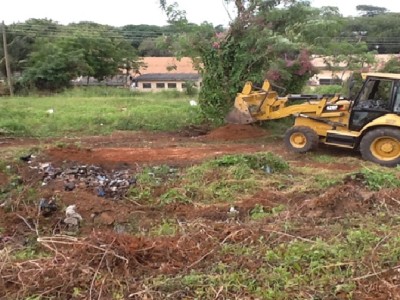
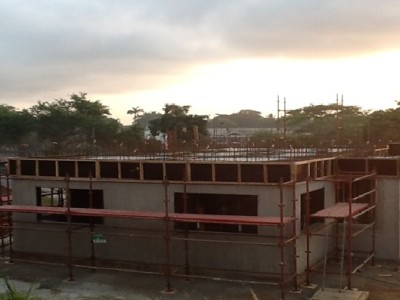
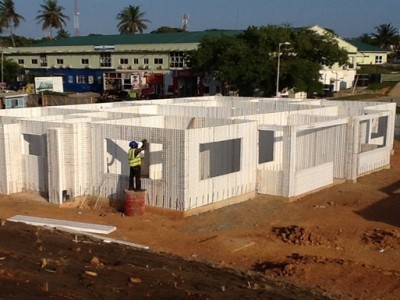
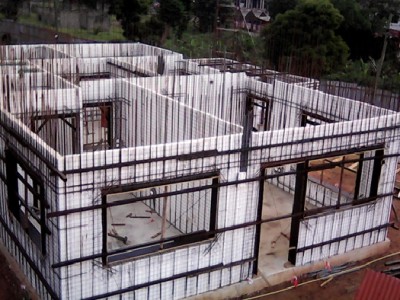
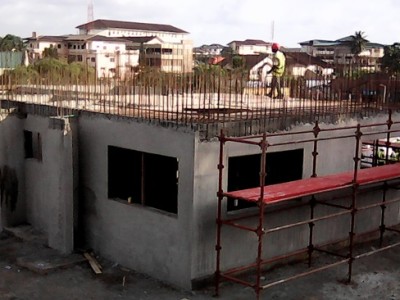
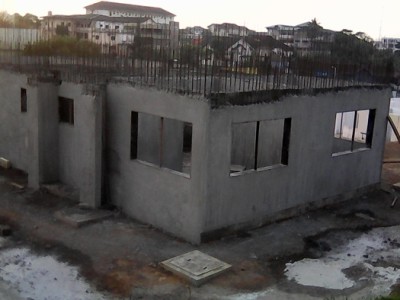
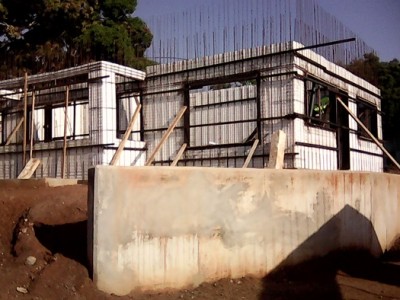
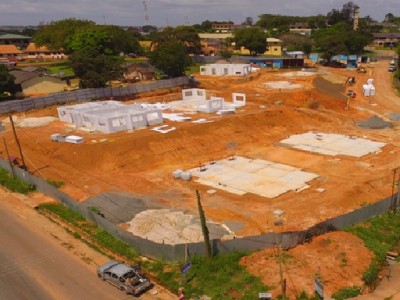
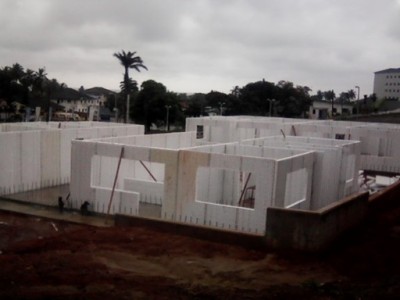
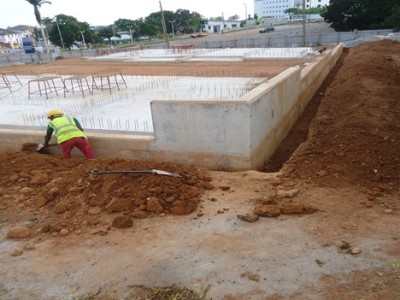
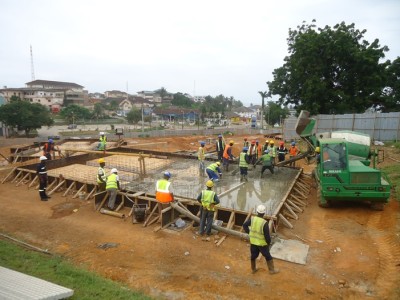
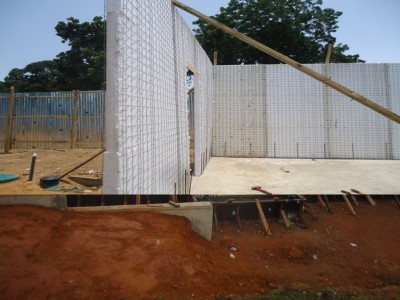
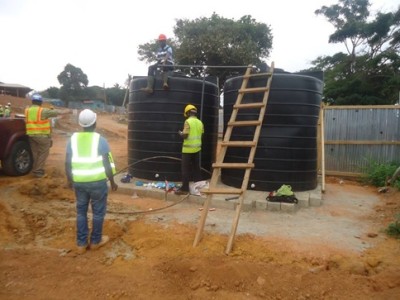
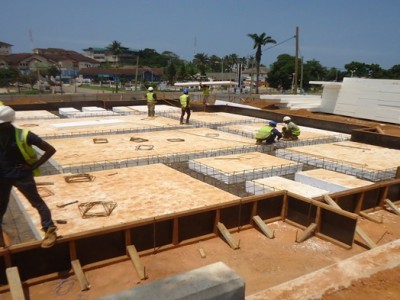
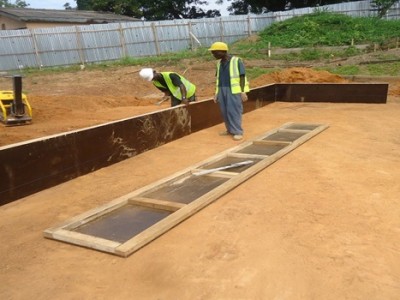
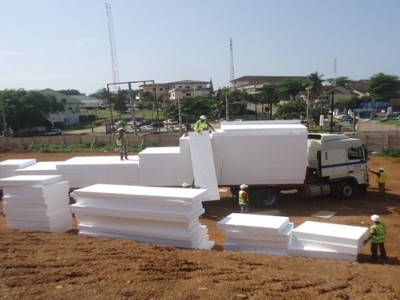
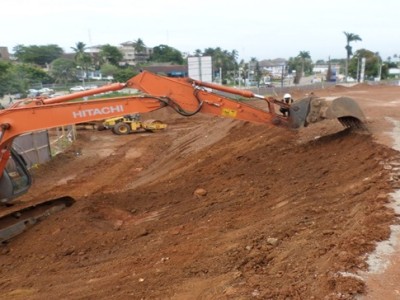
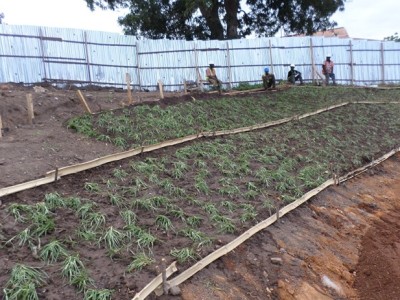
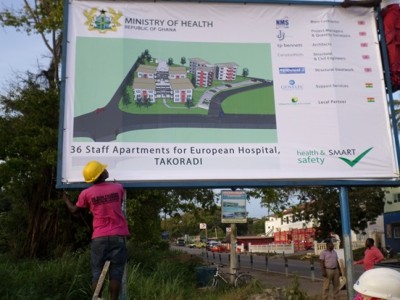
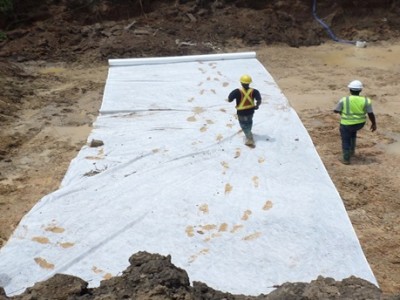
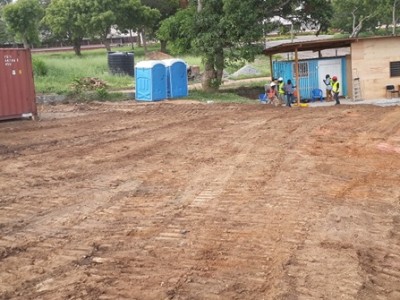
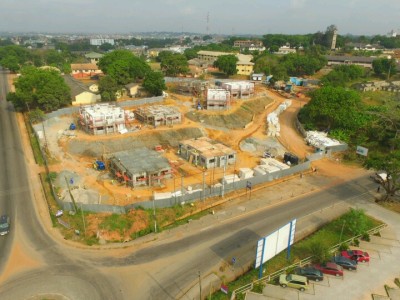
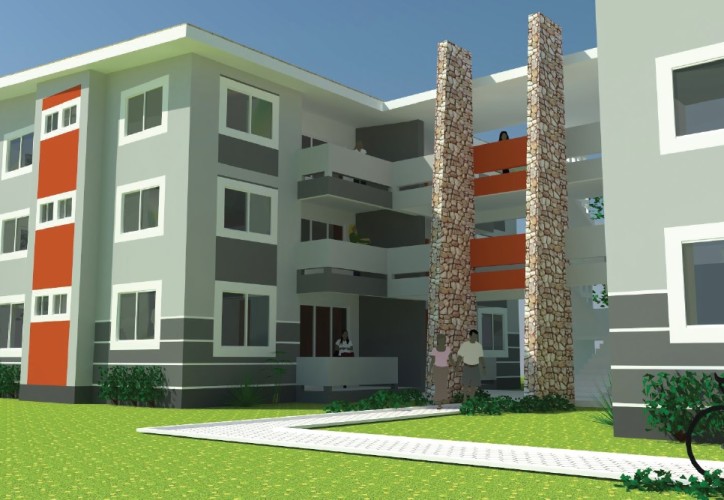
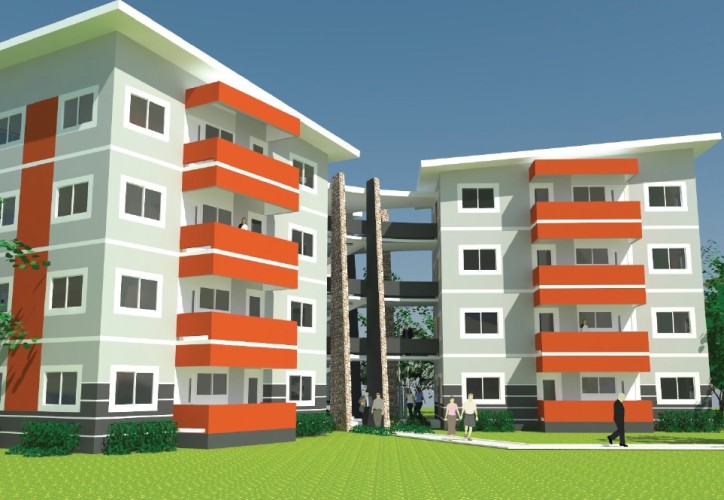
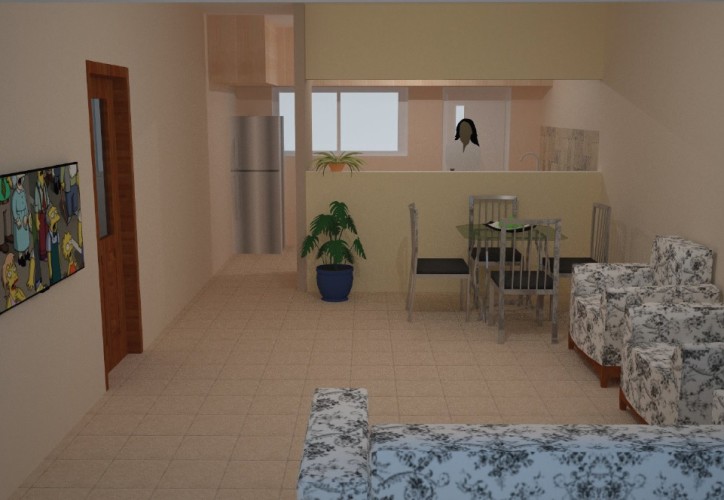
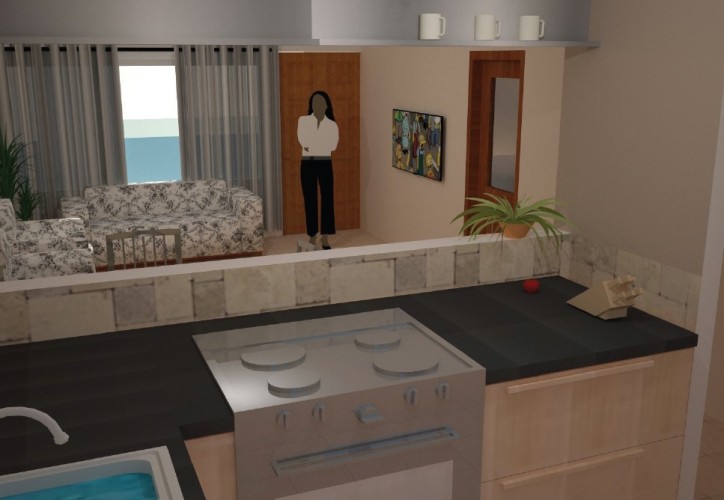
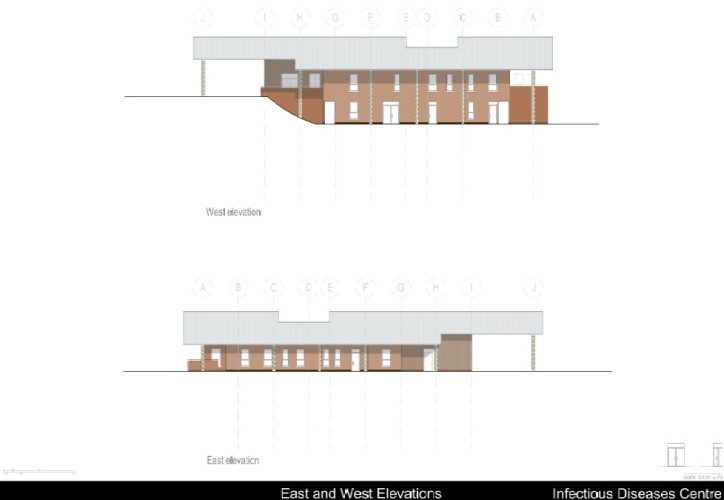
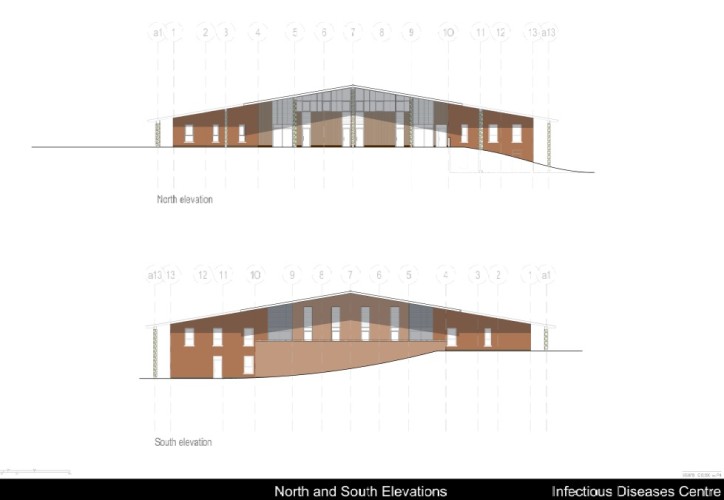
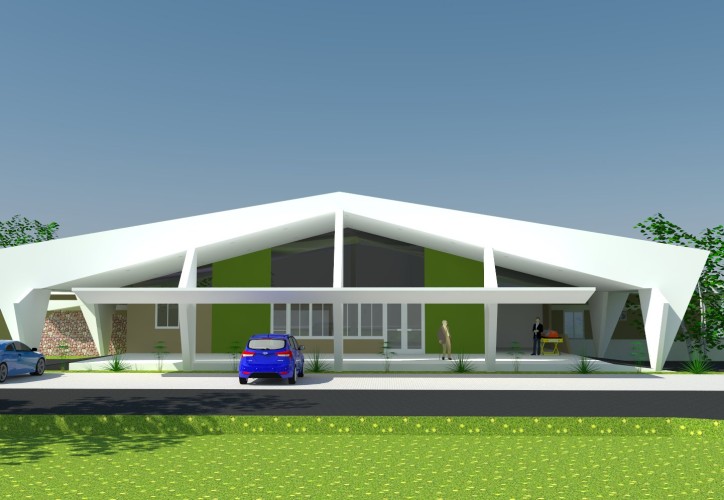

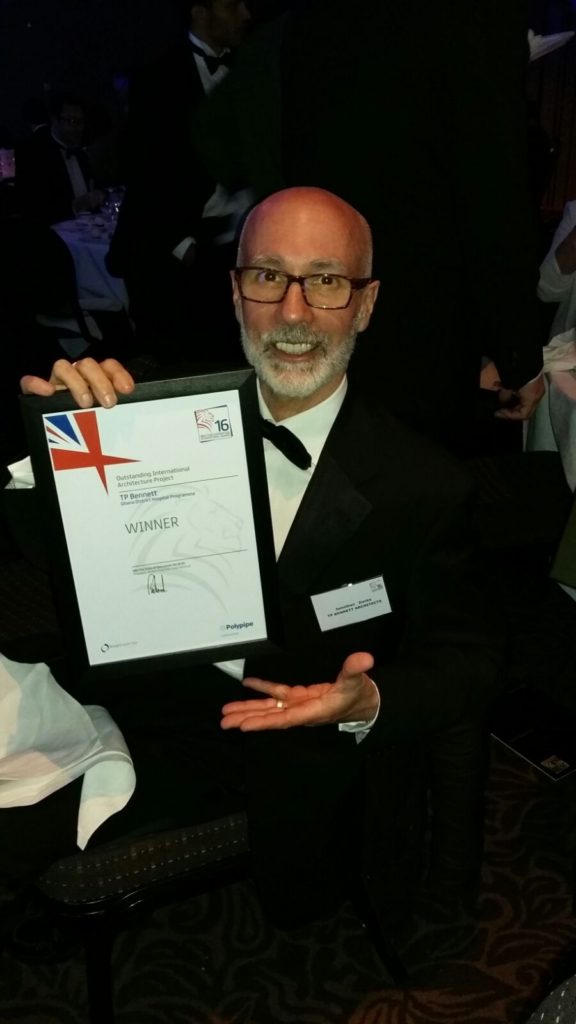


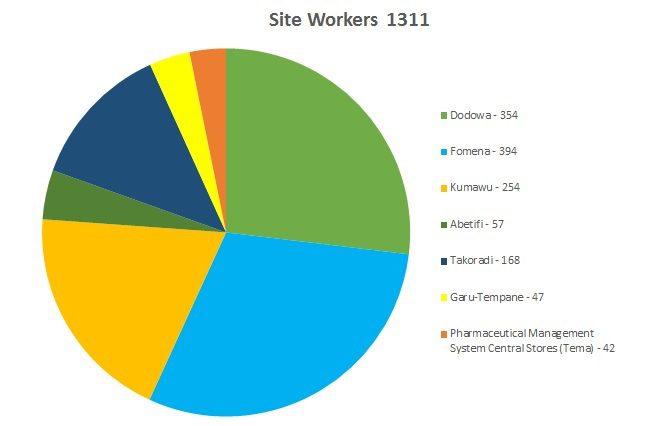
 NMSI provides a full design/build/equip/train service for the development of locally appropriate health-related infrastructure. NMSI brings to bear the expertise of award-winning experts in the field to provide the latest in innovation and design.
NMSI provides a full design/build/equip/train service for the development of locally appropriate health-related infrastructure. NMSI brings to bear the expertise of award-winning experts in the field to provide the latest in innovation and design.